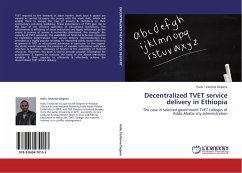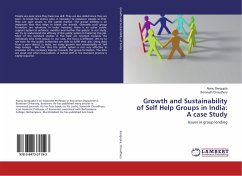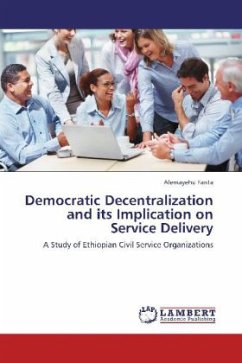India today is an economic and military power and a regional super power on its own right, with unique democratic credentials. At the same time, it is also home to about 270 million people living below the poverty line. This huge population that is unable to make ends meet points to a larger problem of poor performance in the social sector, as health capital and knowledge capital together form the human capital, which in turn determines the productivity and growth of the economy. Given that India is a vast and diverse country with a well-developed federal structure of governance, understanding India's social service delivery mechanism would warrant an understanding of the conditions and circumstances in the constituent states. This book focuses on certain factors in the political economy, apart from the established political institutions, that have the potential to influence the electoral accountability of the incumbent government. This analysis should help shed some light on theimportant determinants of social service delivery in India, which could help theorists and policy makers better understand the dynamics of development in emerging or successful democracies like India.
Bitte wählen Sie Ihr Anliegen aus.
Rechnungen
Retourenschein anfordern
Bestellstatus
Storno








